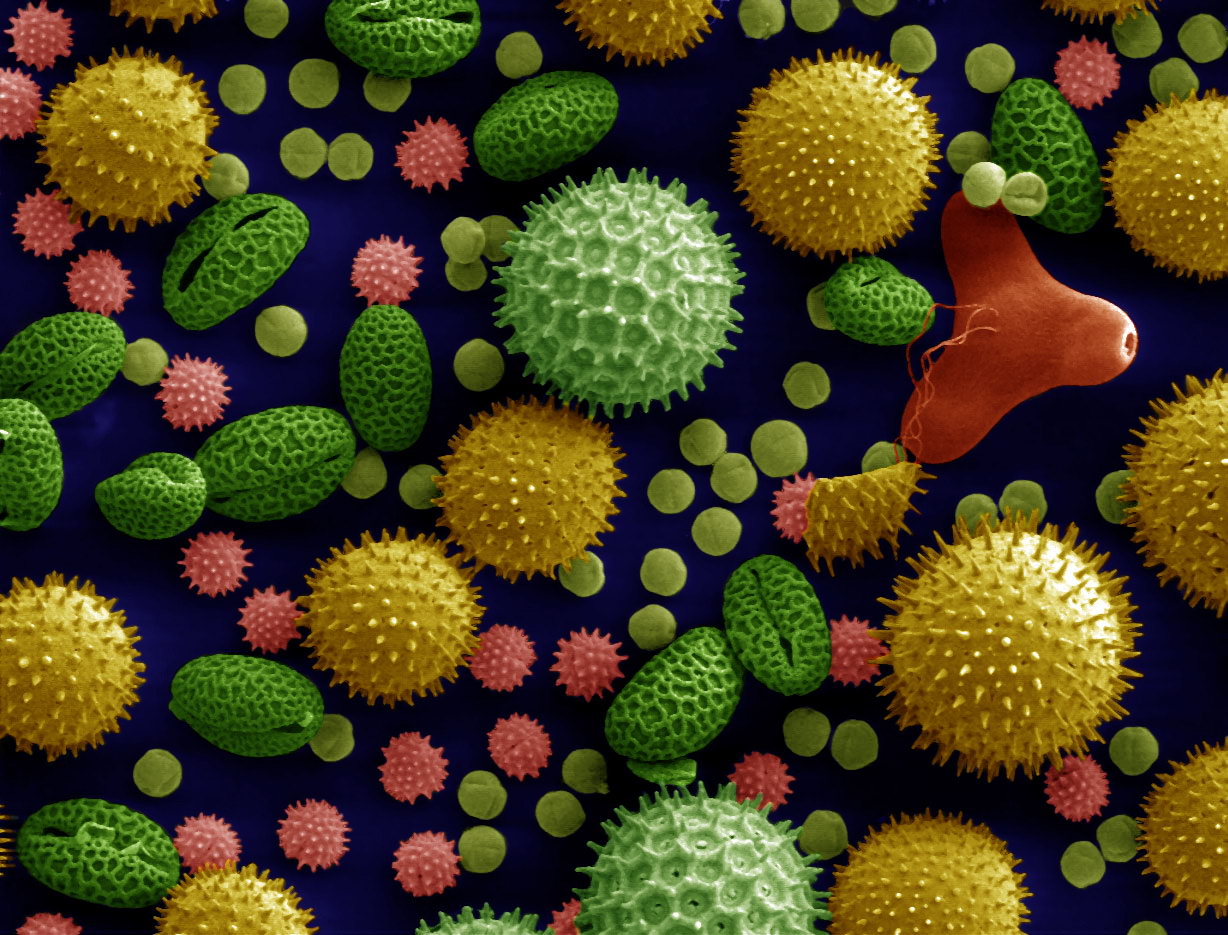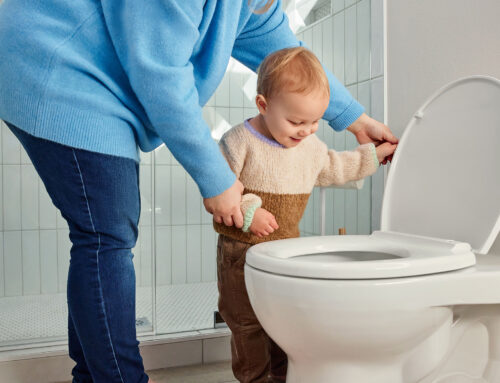How to Avoid Outdoor Allergy Triggers
To avoid outdoor allergy triggers and reduce your exposure to allergens, consider the following tips:
- Check pollen counts: Monitor pollen forecasts and try to stay indoors when pollen levels are high, especially on windy days.
- Stay indoors during peak times: Pollen counts are usually highest in the morning and early evening, so try to limit outdoor activities during these times.
- Keep windows closed: Keep windows and doors closed during pollen season to prevent allergens from entering your home.
- Use air conditioning: Use an air conditioner in your home and car to filter the air and reduce allergens.
- Wear a mask: If you need to do outdoor activities that may expose you to allergens, consider wearing a mask to reduce inhalation of pollen and other allergens.
- Change clothes after being outdoors: When you come inside, change your clothes and shower to remove pollen from your skin and hair.
- Dry clothes indoors: Avoid hanging clothes and bedding outside to dry during pollen season, as they can collect pollen.
- Avoid mowing the lawn: If you are allergic to grass pollen, avoid mowing the lawn or delegate this task to someone who is not allergic.
- Limit outdoor activities: If pollen counts are high, consider limiting outdoor activities to reduce your exposure to allergens.
- Use allergen barriers: Consider using sunglasses to protect your eyes and a hat to cover your hair when outdoors to reduce pollen exposure.
By taking these steps, you can help reduce your exposure to outdoor allergens and manage your allergy symptoms more effectively. If your symptoms are severe or persistent, consult with an allergist for further evaluation and treatment options.




